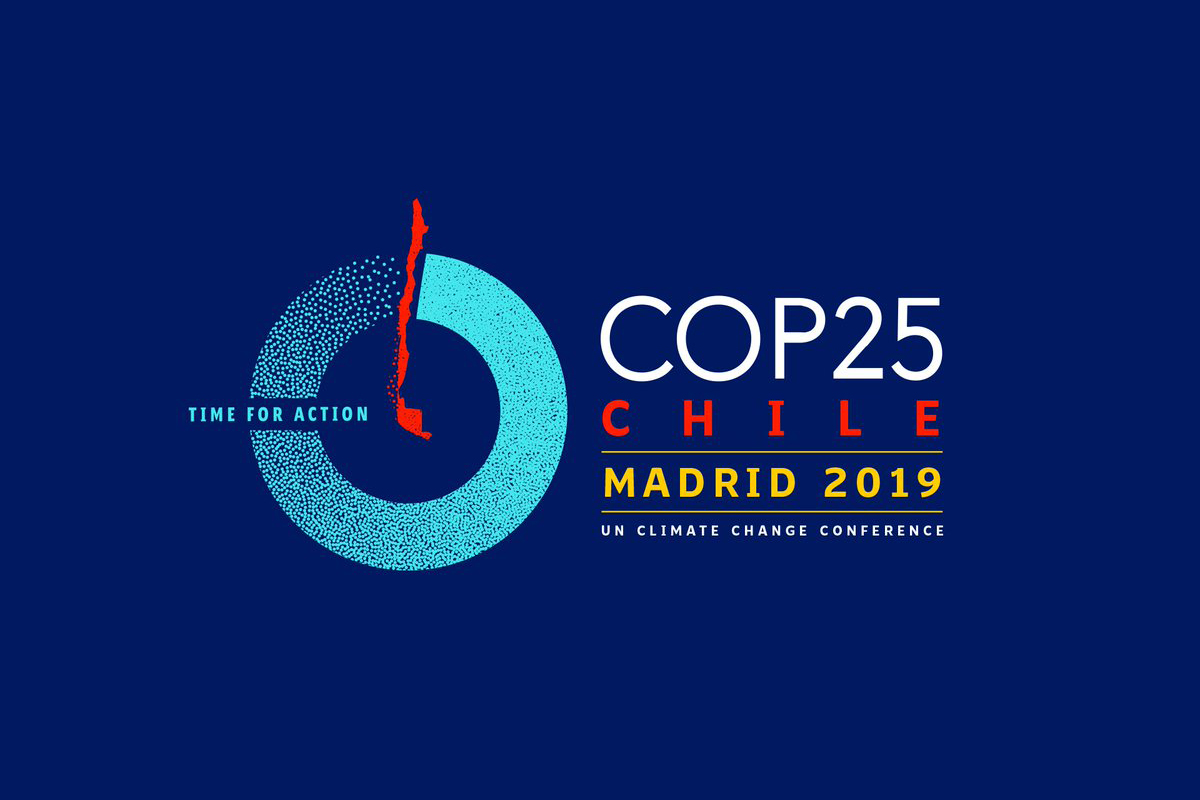
The COP25, the 2019 Madrid Climate Change Conference begins on Monday, December 2nd and runs until December 13th. It takes place in Madrid, capital of Spain, after being displaced following the withdrawal of Brazil first after the election of its new president Jair Bolsonaro, notorious climateosceptic, then at the last minute of Chile, because of an unstable political and social situation.
This international conference organized by the United Nations is the 25th Conference of the Parties (COP), which brings together the signatory countries of the United Nations Framework Convention on Climate Change (UNFCCC).
Each year, participants in these conferences (196 countries plus the European Union, as well as environmental organizations) meet to decide on measures to be put in place to limit climate change worldwide. More binding and ambitious commitments to protect the planet should be made.
The watchword of this COP 25 is clearly the urgency.
A new report from the United Nations Environment Program (UNEP) warns that on the eve of a year in which countries will strengthen their climate commitments in Paris (COP21) unless global emissions of greenhouse gases will decrease by 7.6% per year between 2020 and 2030, the world will miss the opportunity to reach the target of +1.5 °C maximum by the end of the century of the Paris agreement on temperature.
UNEP’s annual report on greenhouse gas emissions indicates that, even if all unconditional commitments made under the Paris Agreement are met, temperatures are expected to increase by +3.2 °C, resulting in significant impacts, even larger and more destructive climatic conditions. The collective ambition must be multiplied by five from current levels to allow the necessary reductions over the next decade to reach the target of only +1.5 °C.
2020 is a crucial year for climate action, the United Nations Climate Change Conference in Glasgow, United Kingdom (COP26 at the end of 2020), which aims to determine the future direction of efforts to prevent crises and climate change, and the countries to significantly strengthen their climate commitments.
The G20, the most industrialized countries, collectively account for 78% of all emissions, but only five G20 members are committed to a long-term zero emission goal.
In the short term, developed countries will need to reduce their emissions faster than developing countries, for equity reasons. However, all countries will have to contribute more to collective efforts. Developing countries can benefit from successful efforts in developed countries; they can even surpass them and adopt cleaner technologies at a faster pace.
It is crucial to note that the report indicates that all nations must significantly increase their ambitions in their Nationally Determined Contributions (NDCs), as are the Paris Commitments, in 2020, and follow the policies and strategies to put them in place. Solutions are possible to achieve the Paris objectives, but they are not deployed quickly enough or on a large scale.
Each year, the emissions gap report assesses the gap between projected emissions in 2030 and the target levels of +1.5 °C and +2 °C in the Paris Agreement. The report finds that greenhouse gas emissions have increased by 1.5% per year over the last decade. Emissions in 2018, resulting in particular from land-use changes, such as deforestation, reached a new peak of 55.3 billion tonnes of CO2 equivalent.
To limit temperatures, the annual emissions in 2030 must be 15 billion tonnes of CO2 equivalent less than the current NDCs without conditions for the target of +2 °C; to reach the goal of +1.5 °C, they must be 32 billion tons lower. On an annual basis, this means emission reductions of 7.6% per year between 2020 and 2030 to reach the target of +1.5 °C and 2.7% per year for the target of +2 °C.
In fact, we are far from it.
Source: UN




